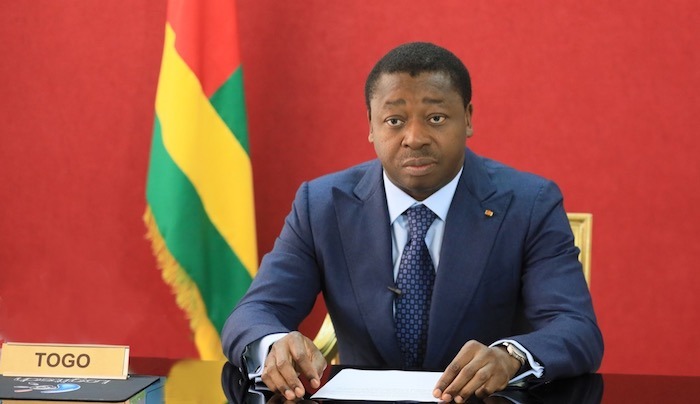Faure Gnassingbé is set to be sworn in on Saturday as the President of Togo’s highest executive office, following a controversial constitutional reform that critics claim is designed to extend his rule.
The reform, enacted last May, transitioned Togo from a presidential to a parliamentary system. The position of President of the Republic has now become largely ceremonial, while the President of the Council of Ministers, representing the majority party in the National Assembly, holds executive power.

Gnassingbé, leader of the Union for the Republic (UNIR) party, which won 108 out of 113 parliamentary seats in last year’s election, is set to take on this role. However, opposition groups have dismissed the legislative elections as a “sham” and accuse Gnassingbé of using the reform to maintain his nearly 20-year rule.
The swearing-in ceremony for the new President of the Council of Ministers is scheduled for Saturday morning, as confirmed by the Constitutional Court. On the same day, deputies and senators will elect the new President of the Republic, as stipulated by the new constitution.
Gnassingbé has been in power since 2005, following the death of his father, who ruled for nearly 40 years after taking power in a coup. The new constitution eliminates direct elections for the Head of State and introduces a parliamentary system, marking the final phase of the constitutional changes.









